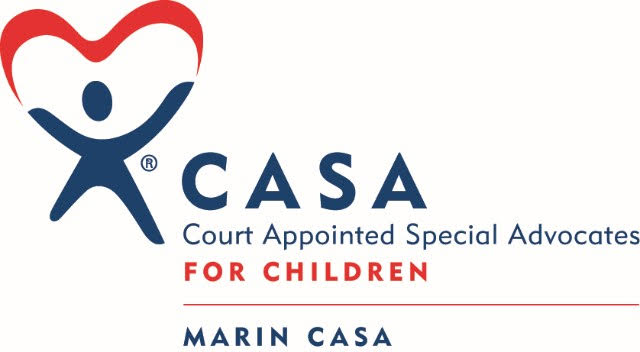About Marin CASA
Our goal is to see every child live in a safe, permanent, and supportive home.
To reach our goal, the Marin CASA program recruits, screens, trains, and supervises volunteers who play a critical role in providing a voice for children in the courtroom. Our highly trained, court-appointed volunteers are responsible for making recommendations to the court for the safety, well-being and a permanent home for every child assigned a Court Appointed Special Advocate (CASA).
Our CASA volunteers remain with their child from the beginning to the end of the case and advocate for their child’s fundamental needs – medical, mental health, educational, cultural, and permanent home placement. CASAs review records, research information, and talk to everyone involved in their CASA child’s life. They connect with social workers, attorneys, parents, teachers, family members, foster parents, health professionals, and, of course, the children themselves. They establish a relationship with their child, getting to know his or her unique history while providing consistency, stability and moments of joy during an extremely difficult time in their life.
CASAS support children in the Marin County Juvenile court system – many of whom have been abused, neglected, or abandoned. Without compromise, CASAs speak up for the best interests of their children in the courtroom and in the child welfare system to ensure that they are safe, and that all their needs are met.
Community is at the heart of the Marin CASA mission. We are a community of committed volunteers, supporters, staff, and board members who are dedicated to the service of children and families in Marin. There are over 100 children in the dependency court system per year in Marin County – neighbors who are experiencing a traumatic, confusing, and chaotic time and need someone to count on as they work through the system. CASAs are consistent, caring people to count on, people who believe in the power of showing up and supporting children and families no matter what they are going through, people who speak up when needs are not met, who show up when support is needed, people who lend an ear for listening. By engaging in these intentional relationships CASAs support healing, justice, and hope.

